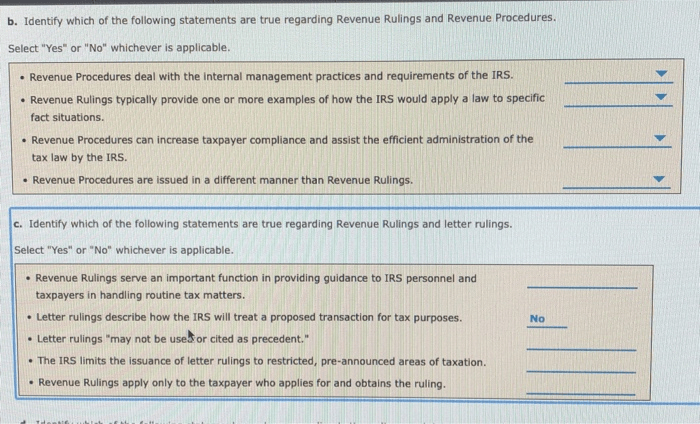Which of the following statements is true regarding timeshare estates? Timeshare ownership provides unique vacation opportunities, but it’s crucial to understand the legal, financial, and practical implications before investing. This comprehensive guide explores the intricacies of timeshare estates, empowering you to make informed decisions.
Timeshare estates offer a blend of ownership and flexibility, allowing individuals to enjoy vacation properties without the full burden of traditional homeownership. However, it’s essential to weigh the benefits against the potential drawbacks, including ongoing maintenance fees and limited usage options.
Timeshare Estates: Ownership Structure and Considerations

Timeshare estates are unique vacation properties that offer fractional ownership of a vacation unit for a specific period each year. This ownership structure allows multiple individuals to share the cost and benefits of owning a vacation home.There are various types of timeshare ownership, including fixed week, floating week, and points-based systems.
In a fixed week timeshare, the owner has exclusive use of the unit during a predetermined week each year. A floating week timeshare provides flexibility by allowing the owner to choose their vacation week within a designated season. Points-based timeshares offer the most flexibility, as owners are allocated a certain number of points that can be used to book any available unit and time period.
Questions and Answers: Which Of The Following Statements Is True Regarding Timeshare Estates
What is the primary advantage of timeshare ownership?
Guaranteed vacation time and access to amenities.
What is a potential drawback of timeshare ownership?
Ongoing maintenance fees and limited flexibility in usage.
What are the different types of timeshare ownership?
Fixed week, floating week, and points-based systems.


